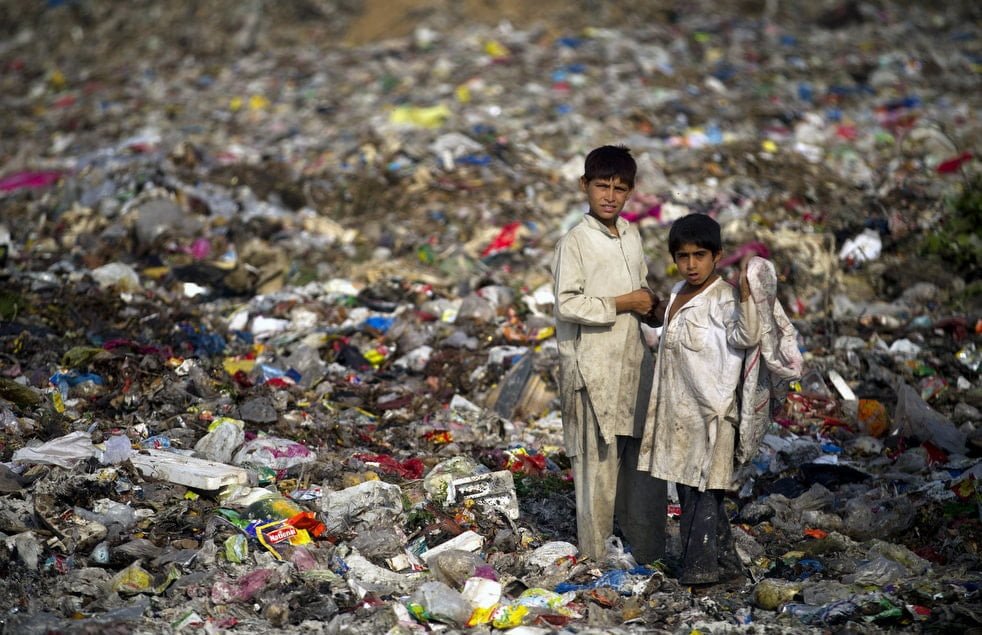A recent study by researchers from Monash University in Malaysia has found that integrating informal and formal e-waste management sectors in India is crucial for successful e-waste management. The study emphasises that informal waste collectors, or kabadiwalas, hold immense potential in bridging the critical gap in the proper collection and recycling of e-waste in India, the world’s third-largest e-waste generator.
The study highlights that toxic metals and chemical substances present in e-waste, such as lead, mercury, and polybrominated diphenyl ethers, pose severe health and environment threats if not adequately mobilised. However, the presence of valuable and recoverable elements, including precious and base metals and rare earth elements, favours e-waste recycling.
India produces over 3.23 million tonne of e-waste annually, and this figure is projected to reach 161 million tonne by 2050. Despite the significant volume of e-waste generated, only 5-10% of it is sustainably recycled by the formal sector, with the remaining fraction processed by the informal sector.
The study notes that India has only 468 authorised e-waste dismantlers or recyclers, with an operating capacity of 1.38 million tonnes of e-waste. However, none of them receives sufficient e-waste, and they always operate below capacity. The integration of the informal sector into the formal sector must begin with formalising the informal waste collectors. The kabadiwala clusters must be identified and registered under respective State Pollution Control Boards to incorporate them into the modified extended producer responsibility (EPR) model.
Given a large number of kabadiwalas currently working in India, identifying and registering these informal waste collectors will be a complicated process. The design and implementation of a functional e-waste management system that integrates both sectors will require more detailed and large-scale studies and possibly some legislative changes to the country’s existing e-waste management laws and regulations.
The study highlights that integrating the informal and formal sectors is crucial for successful e-waste management in India. The success of the e-waste management system depends on the effective collaboration between both sectors.


